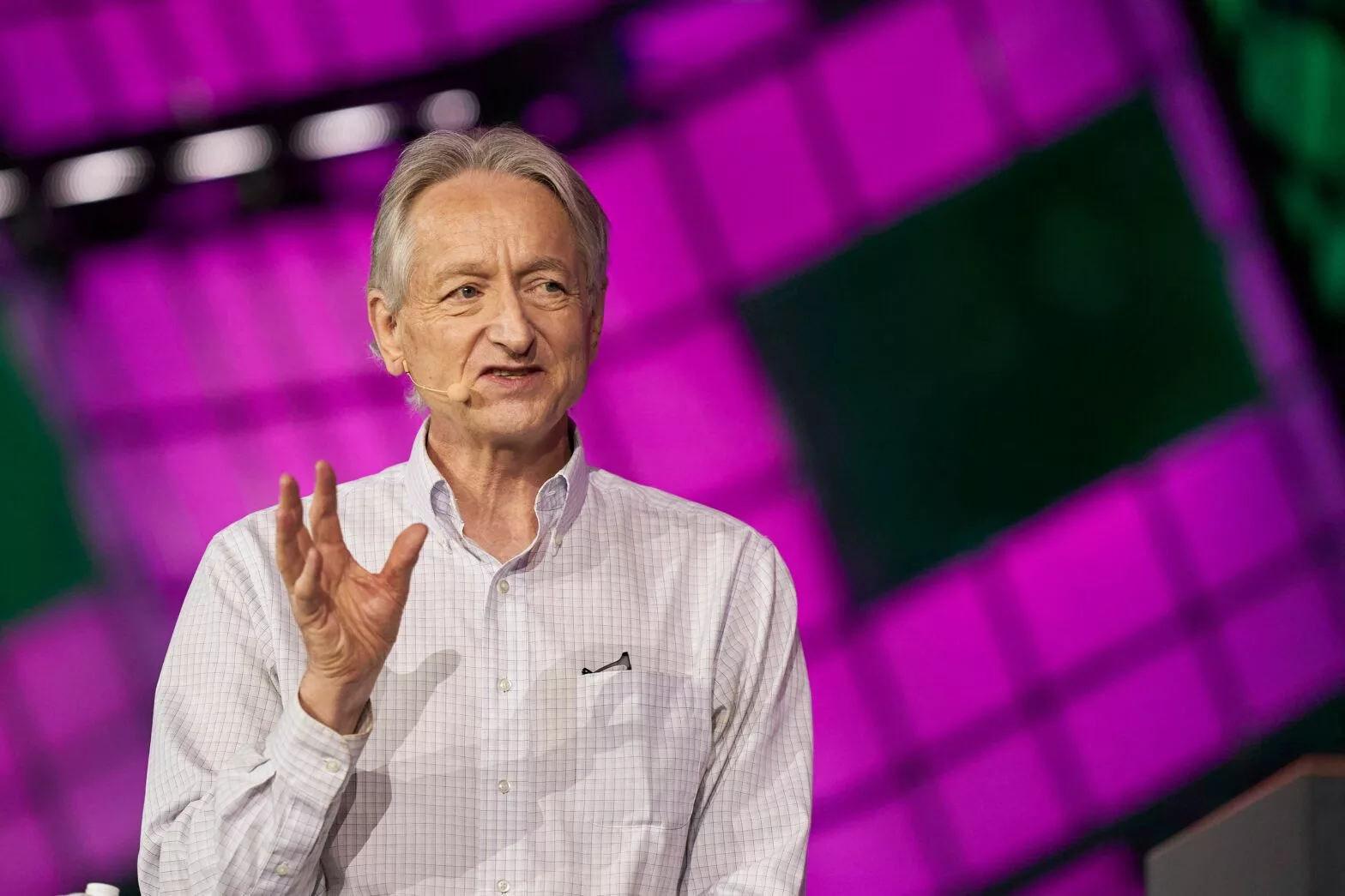Geoffrey Hinton says it’s probably that AI systems already have feelings, technically, as they can communicate emotions.
Geoffrey Hinton is popularly called the Godfather of AI and deep learning with a couple of his peers for his revolutionary work in the field. In a talk at King’s College in London, when asked whether AI systems might one day have emotional intelligence and understand that they have feelings, he replied positively.
I think they could well have feelings. They won’t have pain the way you do unless we wanted, but things like frustration and anger, I don’t see why they shouldn’t have those.
Geoffrey Hinton
AI systems probably already have emotions since they can make communications. Relating a hypothetical action as a way of communicating an emotional state, for example, is already possible for most generative AI tools today. Hinton suggested that AI probably already has emotions.
It’s noteworthy that LLMs can only reflect emotions in this way through training. They are merely predicting that it’s a valid response. Still, it’s not philosophically black and white, so to speak, and Hinton’s claim cannot be verified or falsified.
Back in May, Hinton sounded the alarm on AI after stepping down from his role at Google, saying it’s time to confront the “existential dangers” of AI.
Background: Geoffrey Hinton is a British-Canadian psychologist and computer scientist noted for his work on artificial neural networks. He has worked for Google and the University of Toronto before citing concerns about the risks of AI and leaving Google. Hinton is widely known as a pioneer in the deep learning community with multiple breakthroughs under his belt including his work on backpropagation algorithms for training neural networks and his contribution to image recognition. Together with Yoshua Bengio and Yann Le Cun, he won the 2018 Turing Award for his work in deep learning. The three are collectively called the “Godfathers of AI” and “Godfathers of Deep Learning.” Links: Wikipedia entry; University of Toronto page; Twitter/X handle; Vector Institute for Artificial Intelligence.

